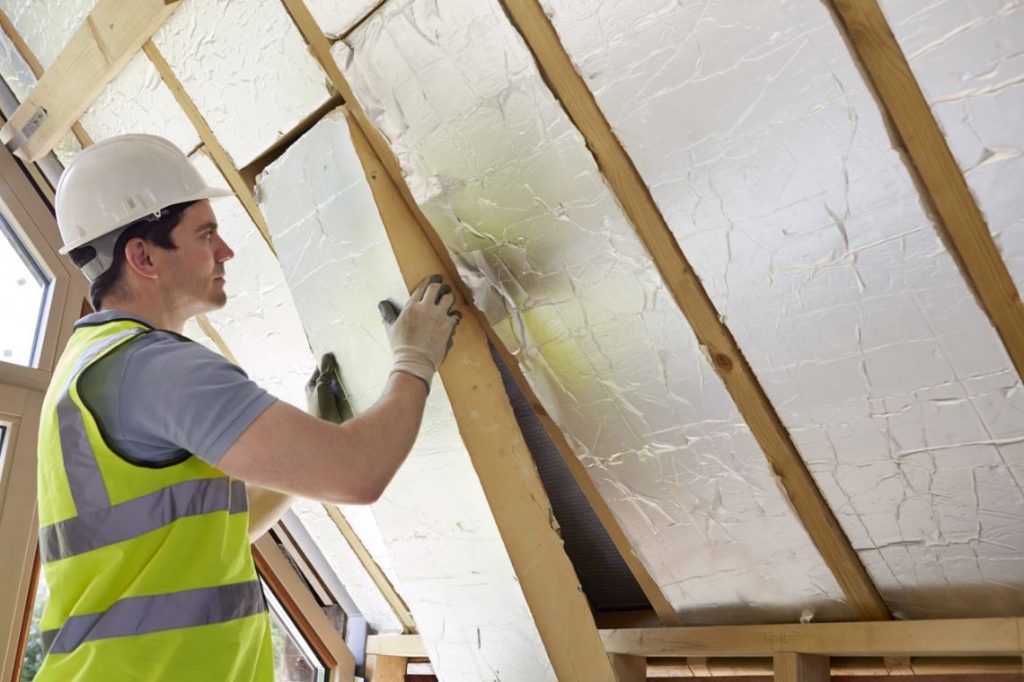A roof is an essential component of any building. It provides protection from the elements, enhances the aesthetic appeal of a structure, and adds value to a property. However, installing or replacing a roof can be a daunting task due to the many factors that need to be considered.
From choosing the right roofing materials to understanding roof slope and pitch, there are several crucial aspects that must be taken into account. Installing a roof requires careful planning and execution to ensure that it meets the necessary safety standards and provides optimal performance.
This article will explore some of the most critical factors that must be considered during a roof installation process. By providing detailed insight into these factors, it aims to equip readers with valuable knowledge that will help them make informed decisions when undertaking such projects.
Choosing the Right Roofing Materials
The selection of appropriate roofing materials is a crucial factor to consider during the installation process, as it has a significant impact on the durability and performance of the roof. There are various types of roofing materials available in the market, including:
– Asphalt shingles: popular due to their affordability and ease of installation. They are suitable for most climates but have a relatively shorter lifespan compared to other options.
– Metal roofing: durable and energy-efficient but can be expensive.
– Clay tiles: aesthetically pleasing but require proper maintenance to prevent cracks or breakage.
– Concrete tiles: offer similar benefits as clay tiles but at a lower cost.
– Slate: one of the most durable options but also one of the most expensive.
The choice of material will depend on several factors such as climate conditions, aesthetics preferences, budget constraints, and maintenance requirements. It’s essential to consult with a professional contractor who can help determine which material best suits your needs based on your unique circumstances and preferences.
Understanding Roof Slope and Pitch
Understanding the slope and pitch of a roof is crucial in ensuring a successful installation. The slope refers to the angle of the roof’s surface, while the pitch describes how steep it is. These factors are essential because they determine how much water can flow off the roof and how effectively it can resist wind uplift forces.
A shallow or flat slope may not allow enough water to drain away from the roof, leading to pooling and potential leaks. On the other hand, a steep slope may cause excessive wind pressure on the structure, causing damage or even collapse. Therefore, it’s important for roofing professionals to take into account local climate conditions when determining an appropriate slope and pitch for each project.
Additionally, some materials require specific slopes or pitches for optimal performance. Overall, understanding these factors is critical in achieving a safe and functional roofing system that meets both industry standards and customer needs.
Understanding roof slope and pitch is crucial during installation as it affects drainage capabilities and resistance against external forces such as wind pressure. Considering various aspects such as climate conditions and material requirements ensures that roofs are constructed safely with proper functionality in mind.
By doing so, roofing professionals can provide customers with a high-quality product that meets their expectations while adhering to industry standards.
Hiring a Professional Roofing Contractor
Hiring a professional roofing contractor is a wise decision for those seeking an efficient and reliable installation or repair of their roof. Professional contractors have the necessary knowledge, skills, and experience to handle any roofing project, ensuring that it is completed within the required time frame and budget. They are equipped with the right tools and equipment to complete the job safely and efficiently.
In addition, hiring a professional contractor guarantees quality workmanship. A reputable contractor will use high-quality materials, employ best practices in installation techniques, and provide warranties for their work. This gives homeowners peace of mind knowing that their roofs are built to last.
Furthermore, professionals adhere to safety standards when working on roofs to protect themselves and others around them from accidents. In summary, hiring a professional roofing contractor ensures not only efficiency but also quality workmanship while adhering to safety standards during the installation or repair process of your roof.
Roof Installation Process: What To Expect From Start To Finish


